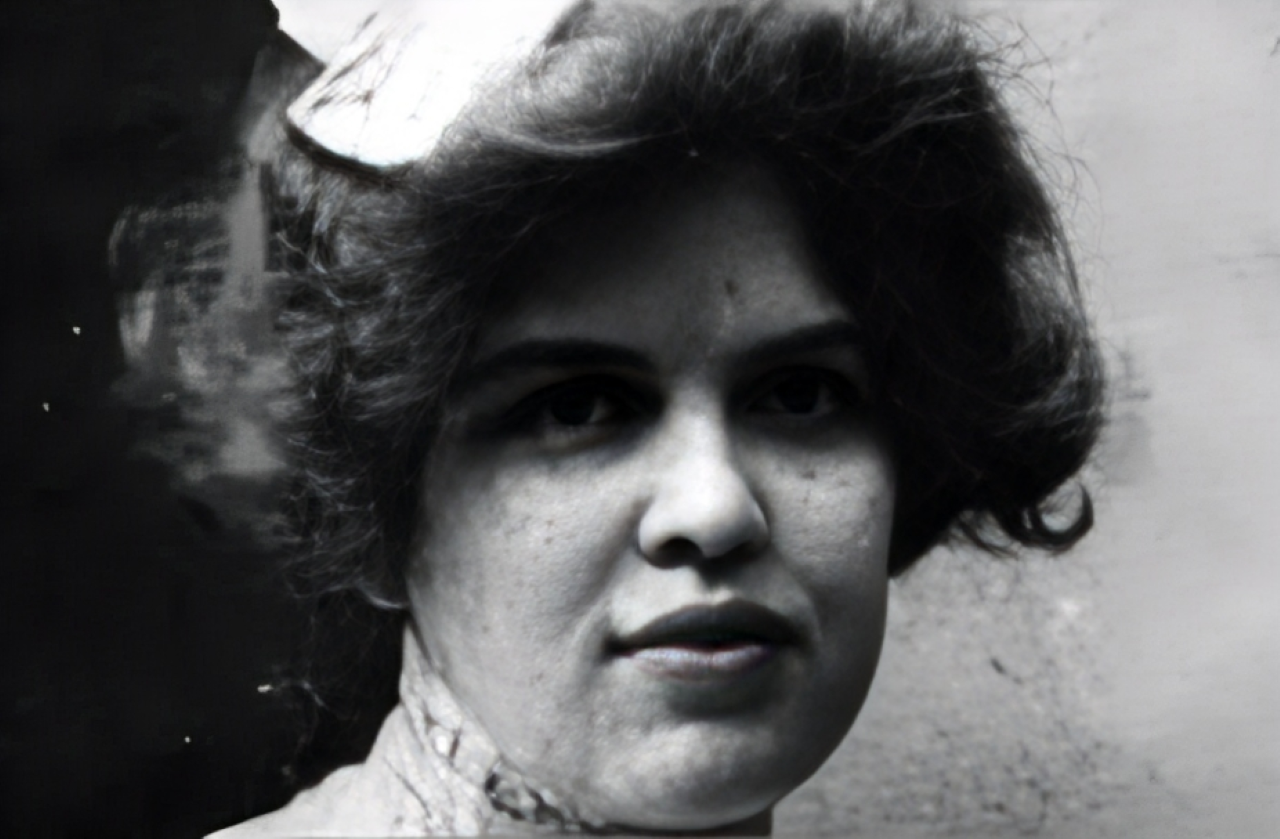Adelaide Crapsey (1878–1914) was an American poet best known for her invention of the cinquain—a five-line poetic form with a specific syllabic structure. Her poetry is often marked by brevity, precision, and a deep sense of introspection, influenced in part by her struggle with tuberculosis, which ultimately claimed her life at a young age.
One of her poignant poems is titled “Aubade.” Traditionally, an aubade is a poem or song about dawn, often focusing on the parting of lovers at daybreak. Crapsey’s take on the form, however, is starkly different—meditative, melancholic, and deeply personal.
Aubade by Adelaide Crapsey
The morning is new and the skies are fresh washed with light,
The day cometh in with the sun and I awake laughing.
Hasten, belov`ed!
For see, while you were yet sleeping
The cool and virgin feet of dawn went soundless over grey meadows,
And the earth is requickened under her touch.
The vision that came with gradual steps departeth in an instant;
Hasten, let it be unbeheld of your eyes.

